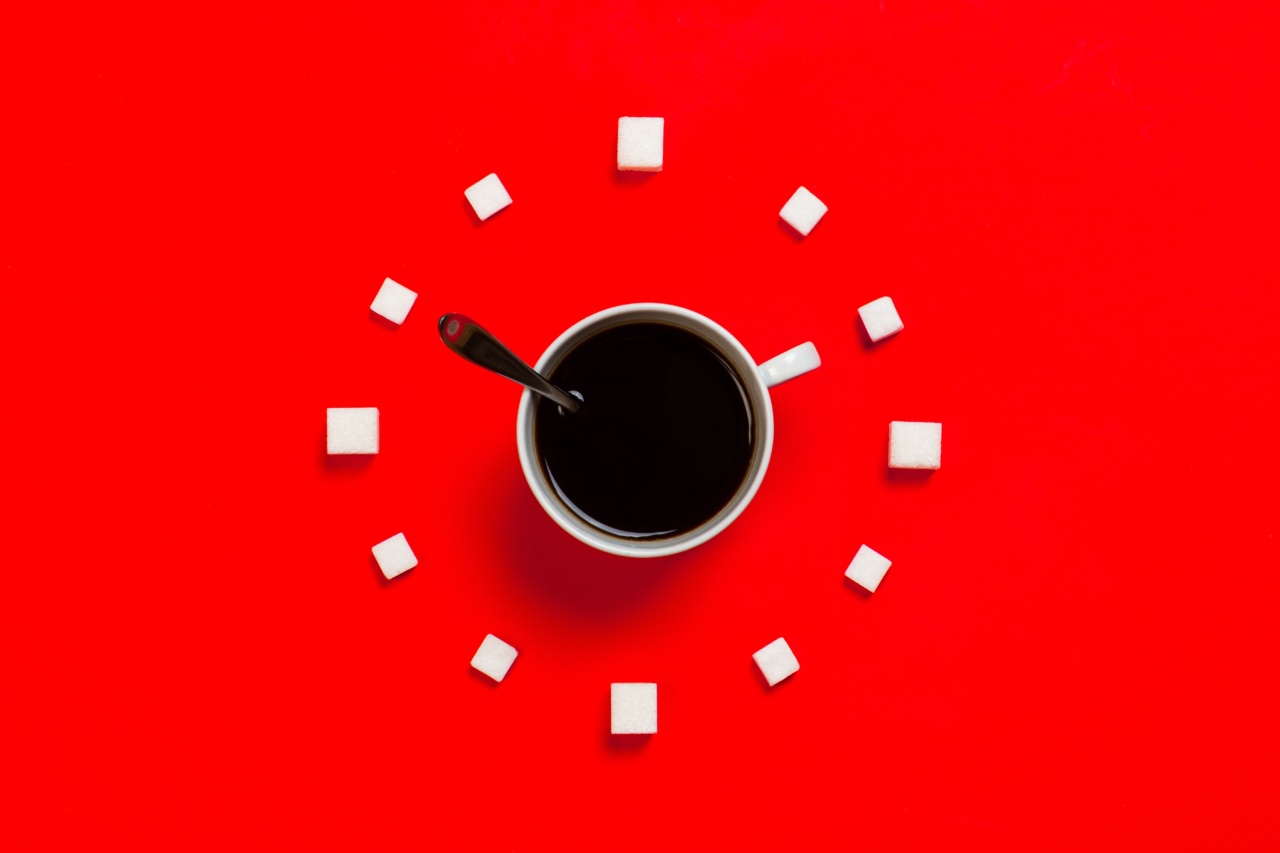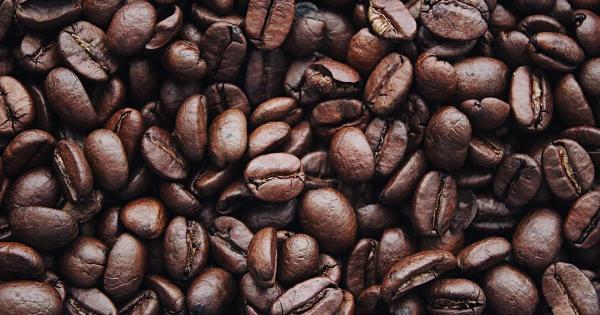Energy drinks have become increasingly popular in recent years, providing a quick boost in energy for those who may be feeling fatigued or in need of a pick-me-up.
These drinks often contain high levels of caffeine, a stimulant that can provide temporary energy and increased alertness. However, it is important to be aware of how much caffeine is too much and the potential risks associated with consuming excessive amounts.
The Effects of Caffeine
Caffeine is a naturally occurring substance found in various plants, including coffee beans, tea leaves, and cacao pods.
It stimulates the central nervous system, blocking the effects of adenosine, a neurotransmitter that promotes relaxation and sleepiness. As a result, caffeine can increase feelings of wakefulness, improve concentration, and reduce fatigue. It can also temporarily increase heart rate and blood pressure.
The Recommended Daily Limit
The American Academy of Pediatrics recommends that children and adolescents consume no more than 100 milligrams of caffeine per day, the equivalent of one 8-ounce cup of coffee.
For adults, the Mayo Clinic suggests a daily caffeine intake of up to 400 milligrams, which is roughly four 8-ounce cups of coffee. Keep in mind that these recommendations may vary depending on individual factors such as age, body weight, and overall health.
Energy Drinks and High Caffeine Content
Energy drinks often contain significantly higher levels of caffeine compared to other beverages. While specific amounts vary by brand, some energy drinks can contain as much as 300 milligrams of caffeine per serving.
This is well above the recommended daily limits for both children and adults. Consuming excessive amounts of caffeine can lead to a range of negative side effects and potential health risks.
The Risks of Consuming Too Much Caffeine
1. Increased heart rate and blood pressure: High caffeine intake can temporarily raise heart rate and blood pressure, potentially increasing the risk of heart-related issues for those with existing conditions.
2. Insomnia and sleep disturbances: Stimulants like caffeine can interfere with normal sleep patterns, making it difficult to fall asleep or maintain quality sleep.
3. Anxiety and restlessness: Excessive caffeine consumption can lead to increased feelings of anxiety, restlessness, and even panic attacks in some individuals.
4. Dehydration: Caffeine is a diuretic, which means it can cause increased urine production and potentially lead to dehydration if not balanced with adequate fluid intake.
5. Digestive issues: Some people may experience digestive problems such as acid reflux, stomach upset, or diarrhea due to excessive caffeine intake.
6. Dependency and withdrawal: Regular consumption of high amounts of caffeine can lead to dependency and withdrawal symptoms if intake is abruptly reduced or stopped.
Who Should Be Cautious?
While it’s important for everyone to be aware of their caffeine intake, certain individuals should be particularly cautious:.
1. Children and adolescents: Because their bodies are still developing, children and adolescents may be more vulnerable to the effects of caffeine.
2. Pregnant women: High caffeine intake during pregnancy has been associated with an increased risk of miscarriage, premature birth, and low birth weight.
3. Individuals with underlying health conditions: People with conditions such as heart disease, high blood pressure, anxiety disorders, and gastrointestinal disorders should be cautious about consuming high amounts of caffeine.
How to Limit Your Caffeine Intake
If you are concerned about your caffeine consumption or want to reduce your intake, here are some tips:.
1. Read labels: Pay attention to the caffeine content listed on energy drink labels and choose beverages with lower caffeine levels.
2. Opt for alternatives: Try swapping energy drinks for beverages with less caffeine, such as herbal teas or water infused with fruit.
3. Gradually reduce intake: If you’ve been regularly consuming high amounts of caffeine, consider gradually reducing your intake to minimize withdrawal symptoms.
4. Stay hydrated: Drink plenty of water throughout the day to avoid dehydration, especially if you’re consuming caffeine.
5. Get enough sleep: Aim for a regular sleep schedule and prioritize quality sleep to naturally boost your energy levels without relying on caffeine.
Conclusion
While energy drinks can provide a temporary energy boost, it is crucial to be mindful of how much caffeine you are consuming.
Excessive caffeine intake can lead to a range of negative side effects and potential health risks, particularly for individuals with certain conditions or vulnerable populations like children and pregnant women. By understanding the recommended daily limits and making informed choices, you can ensure that energy drinks contribute to your overall well-being rather than posing a risk to your health.




























